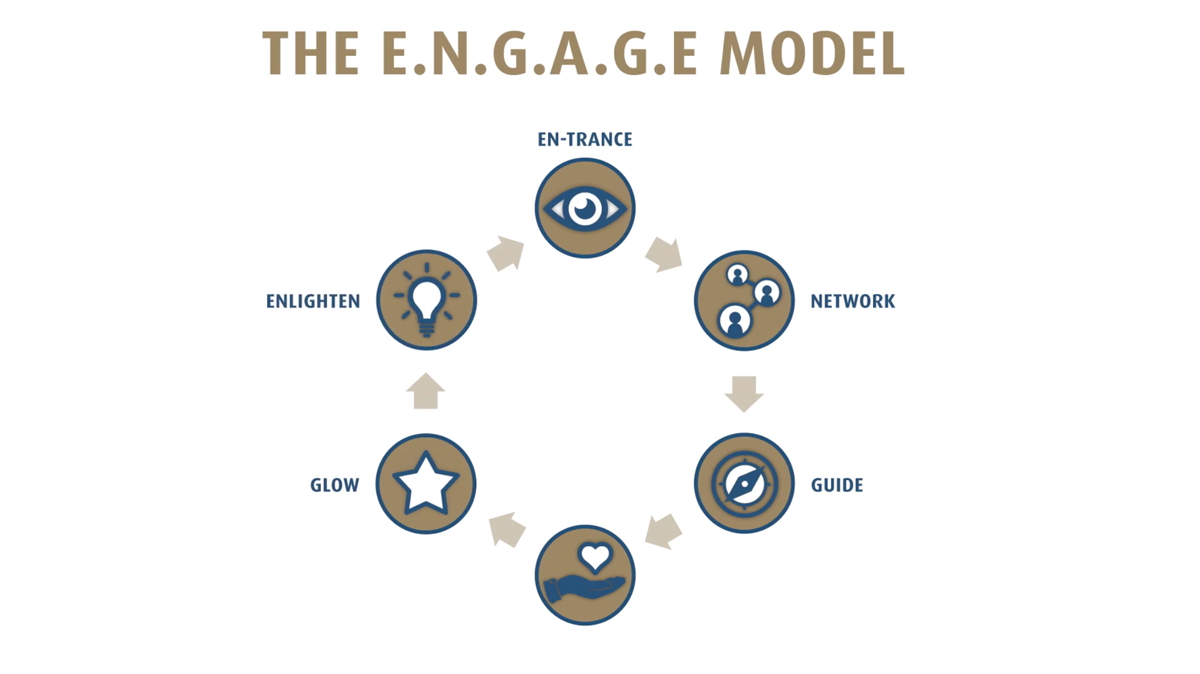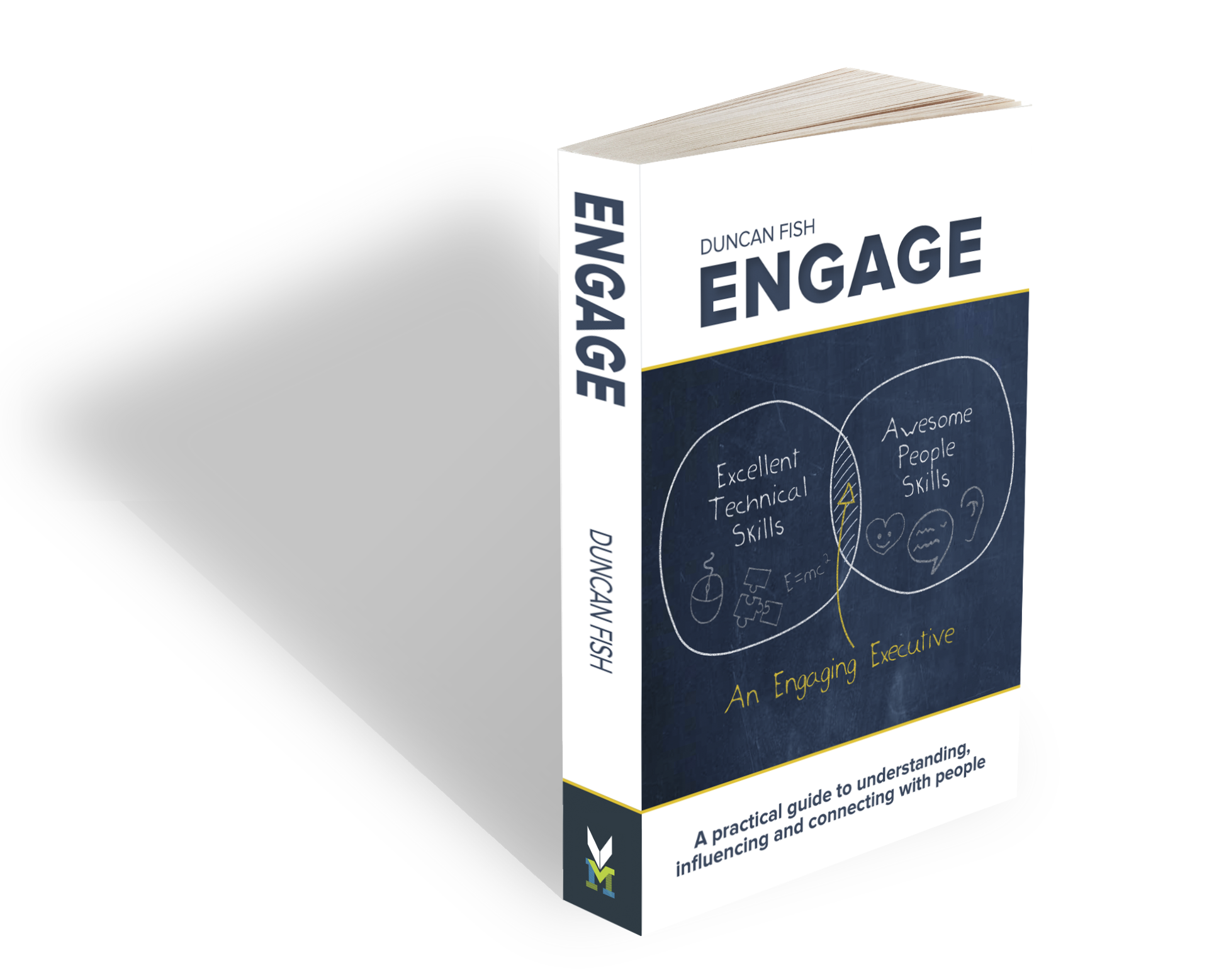How to Set Up a Mentoring Relationship
Posted By Duncan Fish on May 16, 2018

Maybe your industry expertise has led someone to ask you to become a mentor to them in their aspiring career. Maybe you’ve found yourself more or less adopting the role organically, as you develop relationships with junior employees in your organisation. Regardless of how the position has fallen into your lap, you may be thinking to yourself, so what now?
The first step is for you to realise what exactly a mentor is and what that role consists of. A mentor is very different from a coach —it requires experience, expertise and most likely a role or title several tiers above that of your mentee. Said mentee likely saw this in you, and is why either they asked for your assistance and advice, or they were naturally drawn to your skill set and knowledge base.
Thankfully, most of the skills you learn when developing into an Engaging Executive are the same skills one would use to be an effective mentor. This is particularly the case when you’re developing your style of influence. Mentors often use a soft version of the push style, making suggestions and helping your mentee to stop and think through issues they’re facing, so as to make the best decision for their future. You’re not necessarily sitting and teaching your mentee how to do something or any certain skills — rather, you’re inspiring them and providing enlightenment, taking their thinking about their role and the world to an entirely new level, a level which you’ve already experienced thanks to your advanced position.
Beyond this inspiration, one of the primary things a mentor can do for a mentee is to create opportunities. This is most often done by creating networks for the mentee, and requires the usage of the networking skills you learn as you develop into an Engaging Executive. After all, if you’re not networking yourself, how do you expect to create valuable networks for your mentee, introducing them to significant players in their field?
Remember, though, mentorship is more than just discussing worldviews over coffee and bringing your mentee along to conferences and networking events. It’s also about seeing results, and to see results, you’ll want to agree on some goals together, which your mentee will work on in your absence, reporting back at how they’re developing and advancing using the enlightenment and opportunities you’ve provided.
Of course, while it is highly flattering to be asked to become someone’s mentor, you should never force your mentorship onto others, for lack of a better way to say it. It can be very problematic to just look at one’s experience verses another’s and assume that you would be an excellent mentor for them, and then use your influence and leadership to coerce someone into being your mentee.
In many ways, mentorship is like dating — the right vibe and feel has to be shared by both parties. If the mentee isn’t fully into the idea of having a mentor and doesn’t see the value in it or you, the relationship just won’t work.
In The Engaging Executive, we highlight the importance to connect with people. Want to know what and how do we run our programmes in the Engaging Executive? Watch this Vlog, or visit the Engaging Executive Programme. If you would like a free assessment of skills against the ENGAGE model, click here.



